OFFICINA BIOMAT
Fabio and Giulia Villan, the owners, are partners in Officina Biomat. “We met coming from apparently opposite ways, because we work on developing bioplastic and they produce plastic, but we don’t see ourselves as competitors” explains Michele. And they are probably right, because Fabio Villan has an “old-fashioned” approach to plastic, which he does not consider a disposable material. Listening to him helps understand, as a start, that talking about plastic makes no sense – we should instead refer to plastics, in the plural. To illustrate this concept, he takes a moulded piece and lets us touch it: “It’s a tie rod used to support the wheels of a wheelchair for people with disabilities, it can bear a weight of up to 120 kilograms” he says. It is made of nylon reinforced with fibreglass. He explains: “This is plastic, too, but it is a substitute for aluminium. Originally, plastic was designed to produce durable, lightweight and inexpensive objects, replacing materials such as ceramics or glass and ensuring affordable prices and reusable goods. Only later did it become the material of choice to produce disposable goods”.
The cooperation between PLA-STampi and Officina Biomat started off on shives, the woody inner section of the hemp stem. “We are working on the creation of a mould to make pots to replace traditional seedling pots, so that the plants can be directly buried without having to be re-potted”, explains Andrea Buini. “We have developed the prototypes, and we are now working on how to ‘industrialise’ the process”, he adds.
As they continue their research, the two businesses have also set themselves another objective: “We are trying to understand whether it is possible to eliminate the blue containers used in Italy for separate waste collection, because moving waste from the plastic container to the organic waste container is not a real alternative” says Michele Galeri.
